- Home›
- Healthy Living›
- 10 Natural Foods To Increase Your Breast Milk Supply
10 Natural Foods To Increase Your Breast Milk Supply
By: Priyanka Maheshwari Fri, 23 June 2023 4:23:26

Breast milk is the natural milk produced by a nursing female's mammary glands, mostly for the nutrition of her newborn infant. It is a one-of-a-kind and extremely useful substance that contains all of the vital nutrients, antibodies, enzymes, growth factors, and hormones required for an infant's healthy growth and development.
Breast milk is often referred to as "liquid gold" due to its remarkable composition and numerous health benefits. It contains the perfect combination of proteins, carbohydrates, and fats, tailored specifically to meet the nutritional needs of a growing baby. Additionally, breast milk contains a wide range of bioactive components that promote optimal immune function, protect against infections, aid in digestion, and contribute to the overall well-being of the infant.
Breast milk is also easily digested, allowing the infant to properly absorb and use its nutrients. It hydrates the baby and its composition spontaneously changes to meet the changing demands of the newborn as they develop.
In addition to its nutritional benefits, breast milk offers other advantages such as promoting bonding between mother and baby, reducing the risk of certain diseases and allergies, enhancing cognitive development, and supporting healthy weight gain.
However, some moms may experience difficulties due to a lack of breast milk production. While many factors can impact milk production, integrating some natural foods into your diet will help improve your supply of breast milk. This post will look at 10 healthy foods that can help you produce more milk naturally.
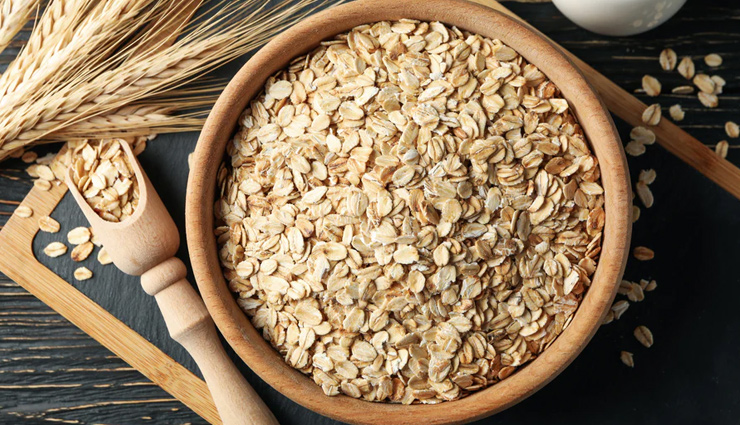
# Oats
Oats are a great source of fiber and iron, and they also contain compounds that can enhance milk production. Start your day with a warm bowl of oatmeal or include oats in cookies and lactation bars for a delicious and nutritious treat.
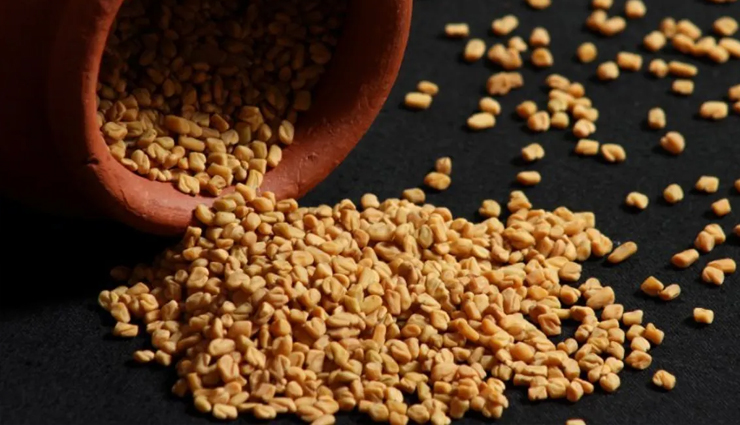
# Fenugreek
Fenugreek is an herb commonly used to stimulate milk production. It contains phytoestrogens that mimic the estrogen hormone and can help increase milk supply. Fenugreek seeds can be consumed directly or in the form of supplements or teas.
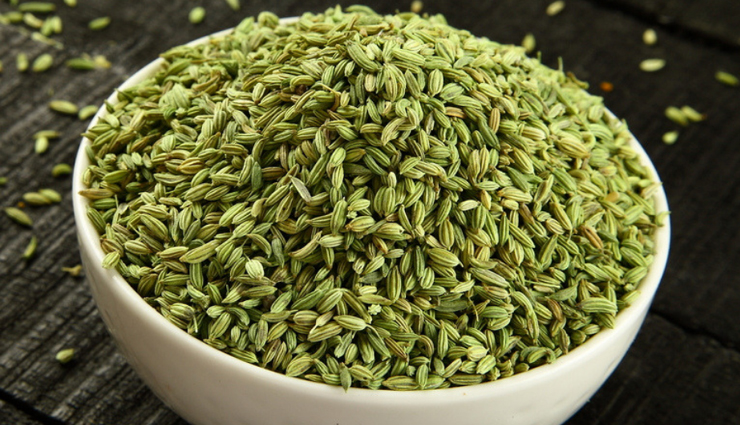
# Fennel
Fennel has been used for centuries to boost milk supply. Its aromatic seeds are known to have galactagogue properties, promoting milk production. You can chew on fennel seeds or drink fennel tea to reap its benefits.
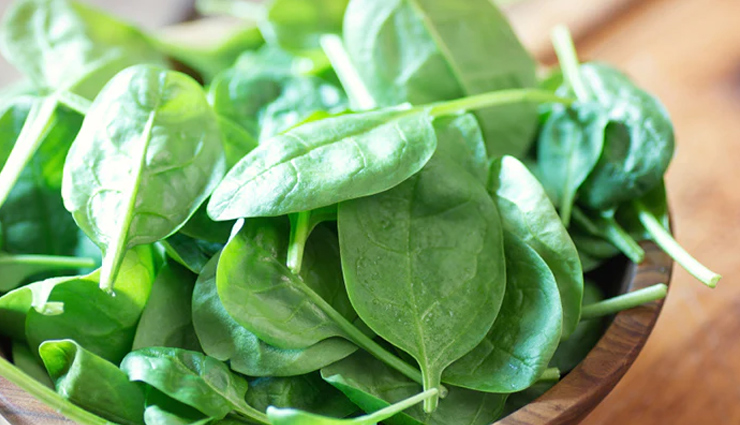
# Spinach
Spinach is rich in iron, calcium, and folate, which are important nutrients for lactating mothers. It also contains phytoestrogens that can aid in increasing milk supply. Add spinach to your salads, soups, or smoothies for a nutritious boost.
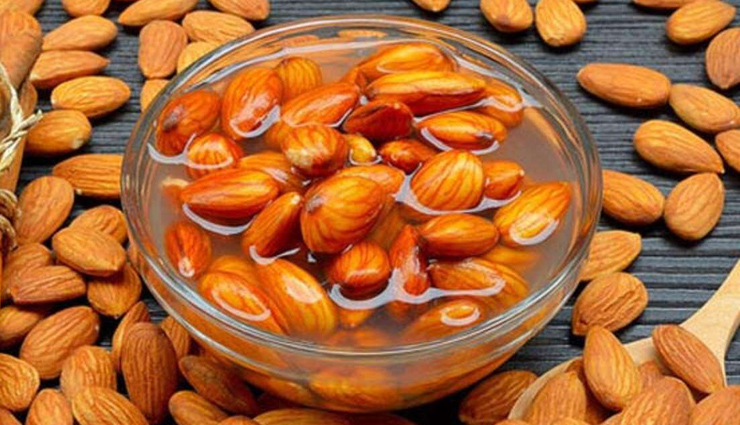
# Almonds
Almonds are a powerhouse of nutrients, including healthy fats and protein. They are also a rich source of vitamin E, which is believed to promote lactation. Snack on a handful of almonds or include almond milk in your diet for an added nutritional boost.
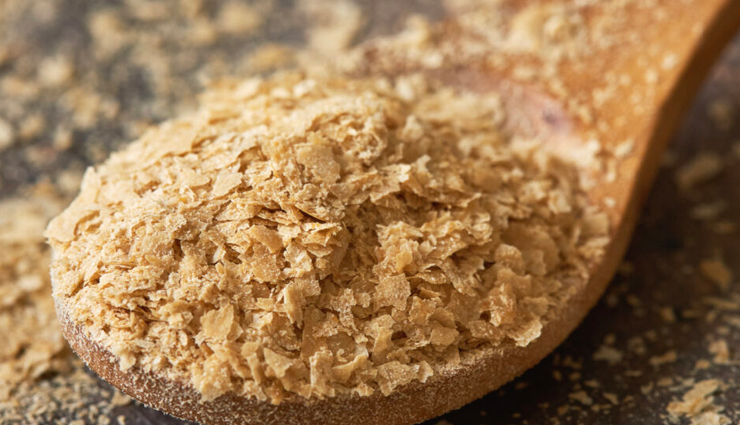
# Brewer's Yeast
Brewer's yeast is a nutritional supplement that is commonly used to increase breast milk supply. It is rich in B vitamins, iron, and protein. You can find brewer's yeast in powder or tablet form and incorporate it into your smoothies or lactation cookies.
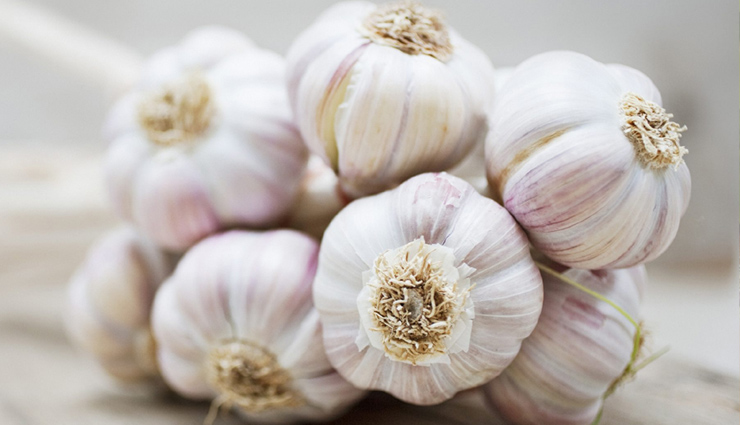
# Garlic
Garlic is not only a flavorful addition to your meals but also known to boost milk production. It has been used for centuries in traditional medicine to enhance lactation. Include garlic in your cooking or consume it raw for maximum benefits.
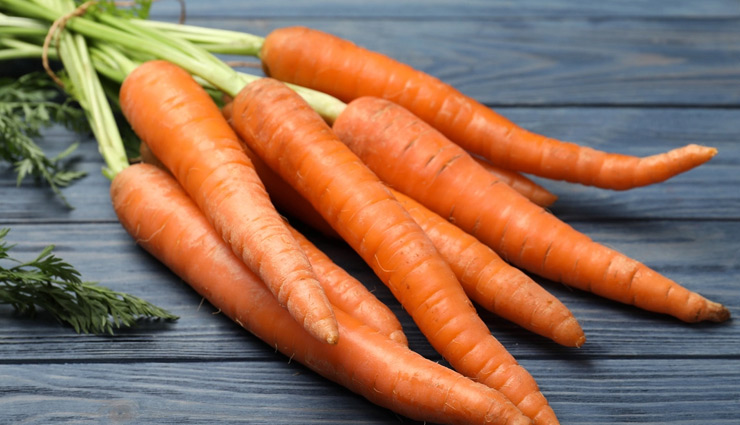
# Carrots
Carrots are a great source of beta-carotene, which is converted into vitamin A in the body. Vitamin A is important for maintaining healthy lactation. Enjoy carrots as a snack or add them to your soups and stews.
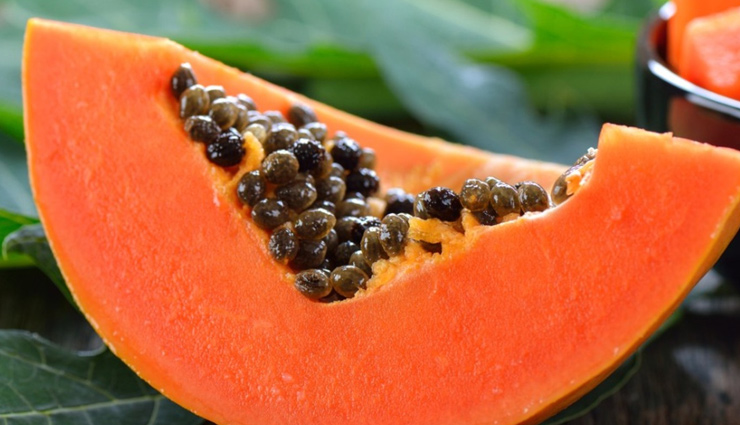
# Papaya
Papaya is believed to have properties that can help increase milk supply. It is also a rich source of vitamins A and C. Include ripe papaya in your diet to enjoy its potential lactation benefits.

# Water
Staying hydrated is essential for milk production. Drink an adequate amount of water throughout the day to maintain hydration levels and support your milk supply. Aim for at least eight glasses of water daily, and you can also include other hydrating fluids like herbal teas or coconut water.
Note: If you continue to experience difficulties with low milk supply, consult with a lactation consultant or healthcare provider who can provide personalized guidance and support. Remember to eat a well-balanced diet, get plenty of rest, and practice breastfeeding on demand to optimize your breastfeeding journey.





